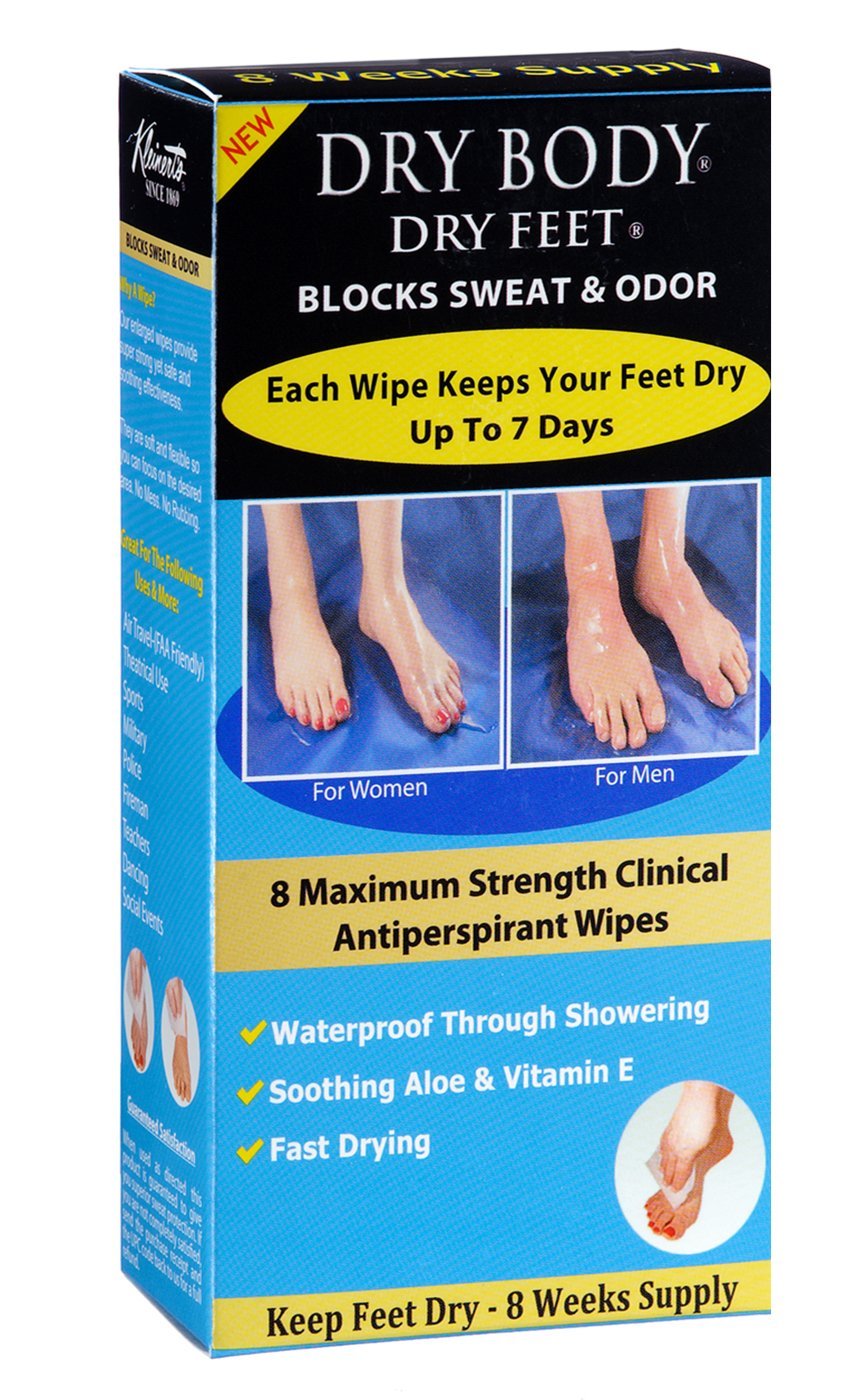Recognizing Excessive Sweating: Dermatology Insights on How to Stop Sweaty Hands
Recognizing Excessive Sweating: Dermatology Insights on How to Stop Sweaty Hands
Blog Article
Understanding the Origin Causes of Excessive Sweating and Its Effect On Life
Too much sweating, likewise known as hyperhidrosis, is a problem that influences a considerable part of the populace, yet its underlying reasons and implications on day-to-day operating remain somewhat enigmatic. While it is frequently recognized as a physiological feedback to regulate body temperature, the triggers for excessive sweating can differ widely amongst individuals, encompassing not just physical aspects however emotional and additionally emotional aspects. Furthermore, the effect of this problem prolongs past plain pain, usually influencing social interactions and overall top quality of life. By diving right into the source of hyperhidrosis and exploring its diverse effects, a deeper understanding of this pervasive problem can be gained, dropping light on the intricacies that people grappling with too much sweating browse every day.
Physiology of Sweat Glands
The law of sweat manufacturing, a crucial physiological process, is mainly regulated by the task of sweat glands distributed throughout the human body. Sweat glands are categorized right into 2 major kinds: eccrine and apocrine glands.
When the body temperature rises, either due to exercise, heats, or emotional stress, the nerves triggers the gland to generate sweat. This sweat is composed mainly of water and electrolytes like sodium and chloride. The procedure of sweat manufacturing is crucial for maintaining the body's inner temperature level within a narrow, optimal variety, highlighting the essential duty gland play in human physiology.
Triggers for Excessive Sweating
In recognizing the origin of extreme sweating, it is vital to determine the triggers that can lead to this physical action. Too much sweating, additionally called hyperhidrosis, can be triggered by different aspects, both environmental and physical. One common trigger is psychological stress or anxiety, which can boost the body's gland to generate even more sweat than is essential for cooling down. Physical effort, heats, and spicy foods are also understood to cause too much sweating in people susceptible to this condition. Furthermore, certain clinical problems like hyperthyroidism, diabetic issues, or menopause can add to excessive sweating too.
Additionally, medicines such as some antidepressants, opioids, and certain supplements can also serve as triggers for hyperhidrosis. Understanding these triggers is crucial in managing too much sweating properly - Exessive Sweating. By recognizing and attending to the specific triggers that motivate extreme sweating in a private, healthcare carriers can develop customized therapy strategies to relieve this condition and boost the individual's quality of life
Medical Conditions Associated
Connected with extreme sweating are various medical conditions that can aggravate this physical feedback. One typical problem is hyperhidrosis, a disorder identified by unusually enhanced sweating that surpasses the body's thermoregulatory needs. This can materialize in focal areas like the palms, soles, underarms, or face, affecting an individual's quality of life due to social humiliation and discomfort.
Additionally, endocrine conditions such as hyperthyroidism, diabetic issues, and menopausal hot flashes can also cause extreme sweating. Hyperthyroidism triggers an overproduction of thyroid hormonal agents, accelerating metabolism and causing sweating. Diabetic issues can cause sweating episodes, particularly throughout hypoglycemic episodes when blood sugar levels drop as well low. Menopausal hot flashes, credited to hormone changes throughout menopause, can create unexpected and intense sweating, commonly accompanied by flushing and heart palpitations.
Moreover, infections like consumption, HIV, and endocarditis have been connected with evening sweats, an usual signs and symptom known to interrupt rest and influence total well-being. These medical problems highlight the diverse variety of underlying elements that can add to extreme sweating, requiring extensive evaluation and management by medical care specialists.
Psychological and Psychological Elements

Effect On Social Communications
Too much sweating can have extensive results on an individual's ability to involve the original source conveniently in social interactions. The visible indicators of sweat spots or wet patches on garments can bring about embarrassment and self-consciousness, creating people to withdraw from social scenarios. This withdrawal can influence partnerships, restriction social activities, and hinder individual and specialist growth.

Moreover, the anxiety and self-esteem problems originating from extreme sweating can affect communication and social skills. People may have a hard time to focus on discussions, join group tasks, or reveal themselves with confidence. This can cause sensations of seclusion and isolation, as social connections come to be challenging to maintain.
Conclusion

While it is commonly understood as a physical response to regulate body temperature, the triggers for extreme sweating can vary extensively among people, incorporating not just physical factors however additionally emotional and psychological components. By delving into the root triggers of hyperhidrosis and exploring its diverse impacts, a deeper understanding of this pervasive issue can be obtained, dropping light on the complexities that individuals grappling with extreme sweating navigate on a day-to-day basis.
Physical physical effort, high temperature levels, and spicy foods are likewise known to trigger extreme sweating in people susceptible to this problem. By identifying and attending to website link the certain triggers that prompt excessive sweating in an individual, healthcare providers can establish tailored treatment strategies to minimize this problem and boost the person's quality of life.
Too much sweating can have profound results on an individual's ability to involve conveniently in social interactions.
Report this page